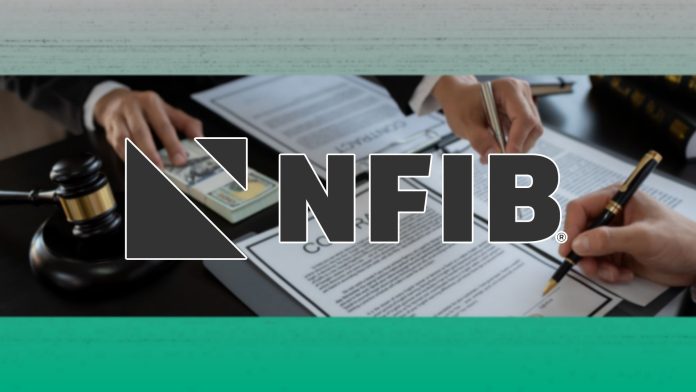In a pivotal case emphasizing the importance of transparency, a North Carolina businessman has been sentenced to 45 months in prison for orchestrating a massive investment fraud scheme, coupled with fraudulent claims totaling over $2.6 million in COVID-19 relief funds. This ruling serves as a stark reminder of the importance of due diligence for small business owners seeking financial assistance or investment.
Steven Andiloro, 53, of Mooresville, was sentenced by U.S. District Judge Kenneth D. Bell, who also ordered him to pay over $5.3 million in restitution to his victims. This case highlights two critical components relevant to small business owners: the necessity of sound investment practices and the need for cautious engagement with government assistance programs.
Between 2018 and 2021, Andiloro lured investors into a scheme that involved both legitimate and fictitious enterprises. Claiming to invest in businesses ranging from a car service to a non-existent marijuana dispensary, he misled individuals about where their money was going. Instead of making the promised investments, Andiloro diverted funds for personal expenses and operated a Ponzi scheme, using money from new investors to pay returns to earlier investors.
For small business owners, this underscores the vital need for transparency in financial dealings. Potential investors are increasingly wary; as the U.S. Attorney for the Western District of North Carolina, Russ Ferguson, noted the importance of holding fraudsters accountable, “We will continue to seek justice for the victims of such schemes.” Understanding this dynamic can help business owners craft a strategy that builds trust with potential investors.
The case took a turn during the pandemic when Andiloro fraudulently obtained COVID-19 relief funds. Between April 2020 and March 2021, he submitted false applications to the Paycheck Protection Program (PPP), inflating financial metrics and providing fake employment data. The lure of government assistance funds can be strong, yet it is crucial for small business owners to approach these resources with integrity. Engaging in dishonest practices can not only ruin a business but also lead to severe legal consequences.
As this case illustrates, fraudulent actions can lead to significant repercussions, including loss of reputation and operational viability. The act of manipulating or misrepresenting financial information can quickly turn from a desperate measure to a criminal act, as seen with Andiloro’s downfall. For small businesses, it is paramount to maintain accurate and honest records, particularly when applying for government aid.
For those in the small business community, vigilance is key. The U.S. Department of Justice reminds the public that fraud reports can be made anonymously, encouraging a culture of accountability. By fostering an environment where transparency and ethical business practices are prioritized, the community can collectively safeguard itself against fraud.
Furthermore, small business owners must also be aware of the implications of investing in opportunities. Engaging with reputable investors or financial advisors, and ensuring that all business dealings are above board not only protects the owner’s interests but also reinforces community trust.
In an era where digital communication surrounds financial opportunities, conducting thorough background checks and vetting potential partners or investors can mitigate risks associated with scams like the one Andiloro orchestrated.
As the case against Andiloro wraps up, it serves as a valuable lesson for the small business sector. The consequences of fraudulent behavior are far-reaching, and adhering to ethical practices is not just about legal compliance; it’s about building a sustainable and reputable business. For further details on this case and its implications, you can view the original U.S. Department of Justice press release here.
Image Via Envato: chartchaik1



